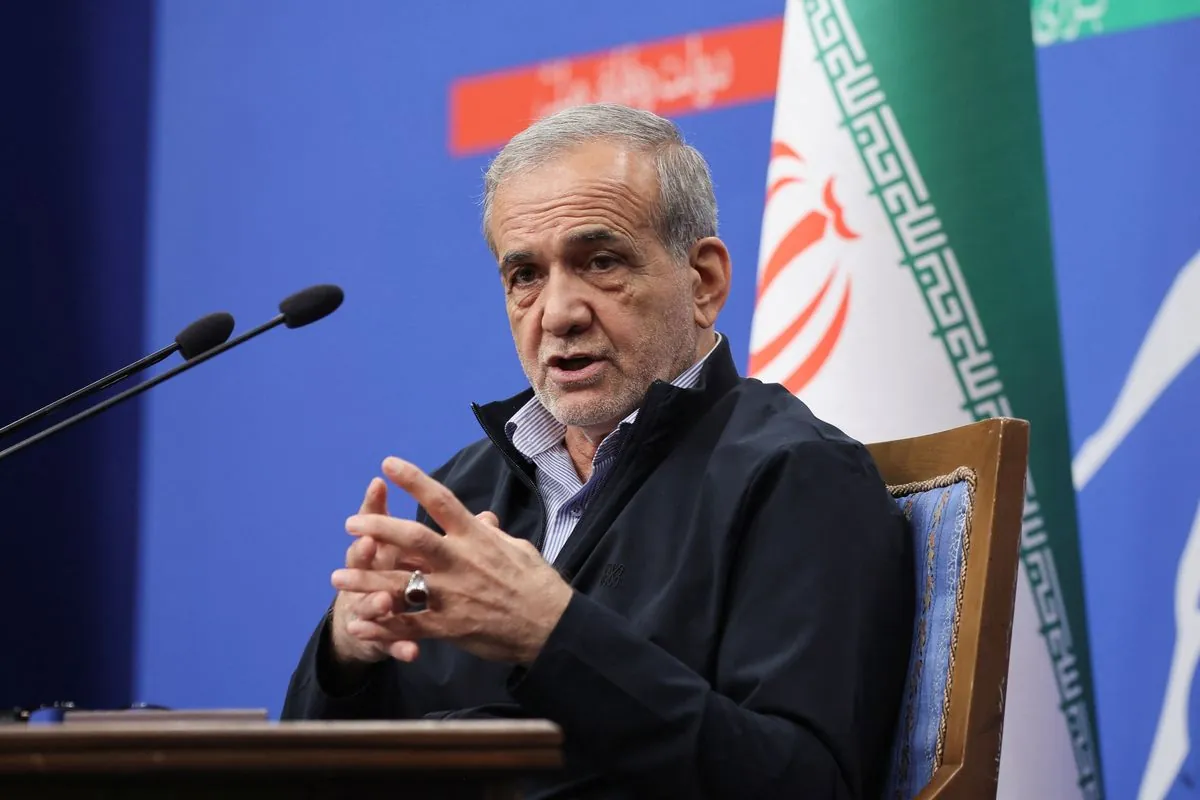On the second anniversary of Mahsa Amini's death, Iranian President Masoud Pezeshkian has made a significant pledge to curtail the activities of the country's morality police. This announcement comes as Iran continues to grapple with the aftermath of widespread protests triggered by Amini's death in custody.
Pezeshkian, who assumed office in July 2024, stated during his first press conference, "The morality police were not supposed to confront [women]. I will follow up so they don't bother [them]." This statement marks a potential shift in the enforcement of Iran's strict dress code for women, which has been a contentious issue since the hijab became mandatory in 1983.
The president's promise aligns with his campaign platform, which included opposition to police patrols enforcing mandatory hijab headscarves and a commitment to easing long-standing internet restrictions. These restrictions have been particularly stringent since 2019, following protests against fuel price increases and the demonstrations sparked by Amini's death.
Iran's internet landscape has been tightly controlled, with popular social media platforms like Facebook and X (formerly Twitter) restricted. However, despite these limitations, Iran boasts an internet penetration rate of over 80% as of 2024, highlighting the population's desire for connectivity.
Pezeshkian also addressed Iran's complex relationship with the United States, stating, "We do not want to fight with America if it respects our rights." This comment comes against the backdrop of severed diplomatic relations since 1980, following the Islamic Revolution that transformed Iran's governance structure.
The Iranian political system, established after the 1979 revolution, combines elements of theocracy and democracy, resulting in a unique and complex governmental structure. This system has shaped Iran's domestic and foreign policies for over four decades.
"It is not us who are hostile [to the Americans]. We have not built military bases around their country."
Iran, with a population exceeding 85 million and one of the world's youngest demographics, faces numerous challenges and opportunities. The country possesses vast natural resources, including the world's second-largest natural gas reserves and fourth-largest proven oil reserves, contributing to its position as the second-largest economy in the Middle East.
As Iran navigates its internal social dynamics and international relations, the world watches to see if Pezeshkian's promises will translate into tangible changes for the Iranian people, particularly in areas of personal freedoms and global connectivity.
